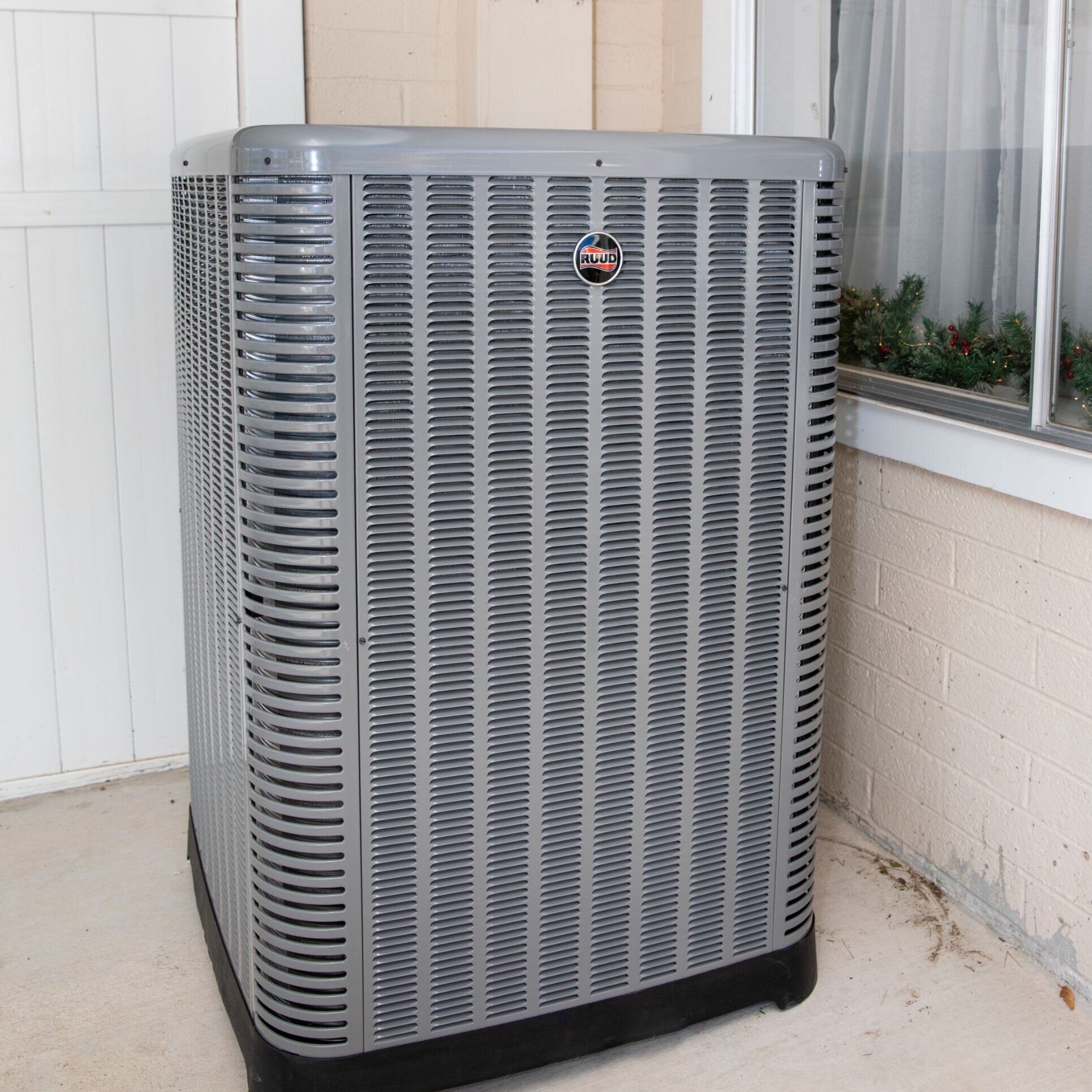What Happens When Your AC Is Low on Refrigerant?
Refrigerant is a critical component of an air conditioning unit. It is a chemical compound that absorbs heat from the home and releases it to the outside. All air conditioners use a specific amount of refrigerant, known as its charge, that facilitates efficient heat exchange.
A common problem that an air conditioning system experiences is low refrigerant levels. An air conditioner can lose refrigerant from leaks along the compressor line, lack of maintenance, or improper installation. Even a small amount of refrigerant lost can cause various problems with the air conditioner’s operation that ultimately lead to a complete unit breakdown. Low refrigerant levels in an air conditioner require immediate fixing by an air conditioning expert.
In this post, we discuss the effects of low refrigerant levels in an air conditioner:
Poor unit performance
A drop in the refrigerant level has a significant impact on an air conditioner’s performance. It impacts the unit’s ability to absorb moisture, which leads to a rise in indoor humidity levels. Low refrigerant lowers the unit’s ability to remove excess heat from the inside and release it outdoors to provide efficient cooling. If the air conditioner fails to keep the indoors at comfortable temperatures despite running all day, it may be low on refrigerant.
An unusual spike in the energy bills
As the coolant level drops, the air conditioner operates less efficiently. As a result, the system works harder and uses more power to make up for the cooling deficit, causing a spike in the monthly energy bills. A sudden and sharp rise in the energy bills indicates that the unit requires servicing.
A failed or broken compressor
Refrigerant is also responsible for keeping the compressor’s electric motor cool. When low on refrigerant, an AC will run continuously, the motor will overheat, and, eventually, burn out. Replacing a failed compressor is an expensive repair. It is important to find and repair the refrigerant leak quickly to avoid a damaged or broken compressor.
Warm air from the vents
An air conditioner requires refrigerant to cool the air. With inadequate refrigerant, the air coming out of the AC vents feels warmer than usual. In some instances, the vents may also blow less air due to the build-up of ice caused by lower refrigerant levels blocking the airflow.
Frozen evaporator coils
Frozen evaporator coils are a sure sign of a refrigerant leak. The evaporator coils fail to warm up adequately when the refrigerant leaks and moisture condenses along the coils in the form of ice. When the indoor coil freezes, the ice builds up on the outdoor unit along the refrigerant lines. Immediately call an HVAC technician to inspect and recharge the refrigerant.
A hissing or bubbling sound
Small refrigerant leaks are silent. However, a significant leak can cause the AC to produce a faint hissing and bubbling sound.
Routine maintenance by an HVAC expert ensures that a refrigerant leak is caught and fixed before it severely damages the system components. Refrigerant is a harmful chemical and needs careful handling. Homeowners should only hire a licensed technician as they are certified to seal the leaks and restore the proper refrigerant level in the air conditioner.
Modern Air Conditioning & Heating is a Boulder City-based HVAC company offering 15 years of experience in residential and commercial HVAC services for all makes and models. You can also call us directly at (702) 919-4365.

